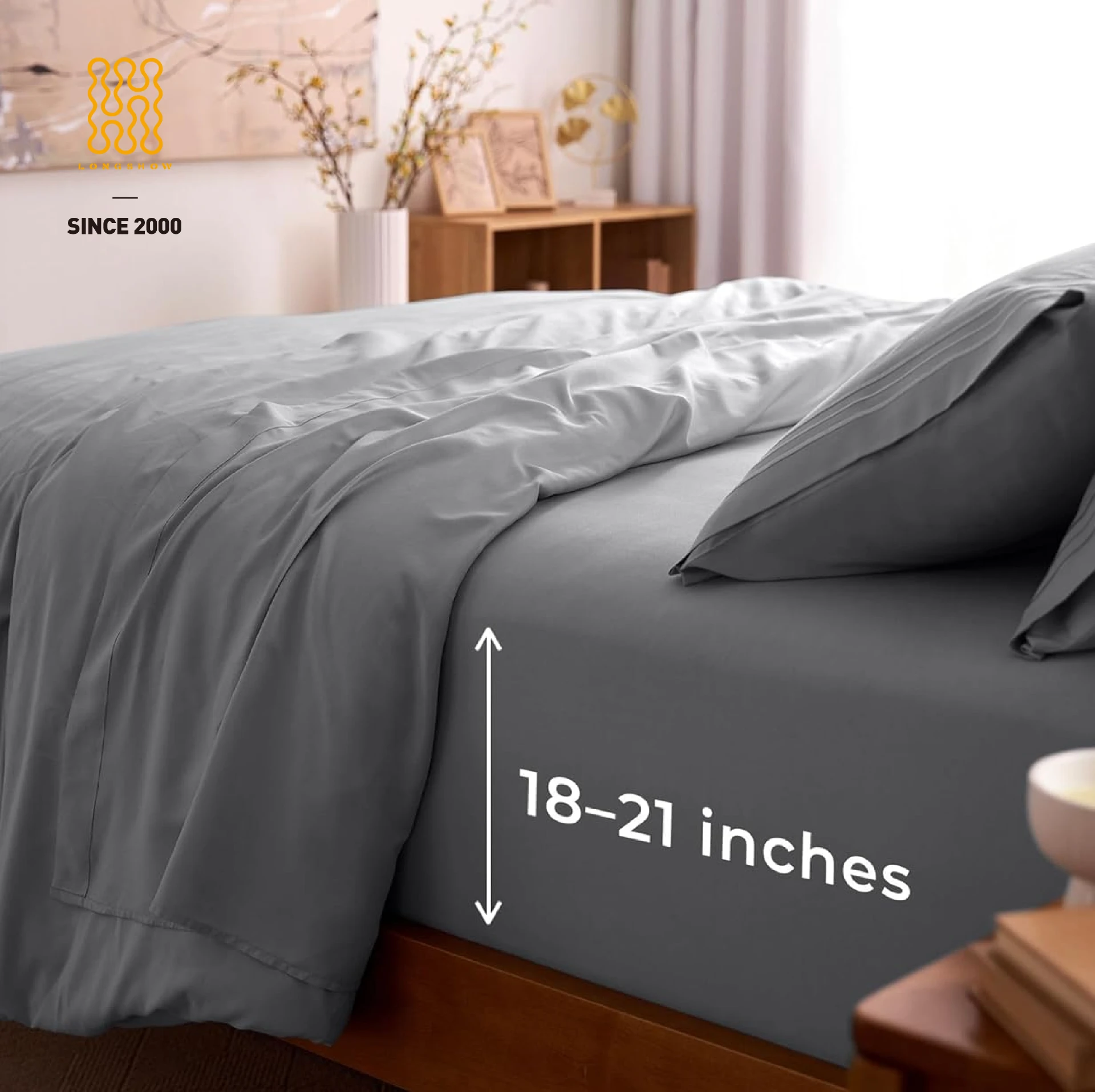Are Microfiber Pillows Beneficial for Comfortable Sleep and Supportive Care?
Are Microfiber Pillows Good? A Comprehensive Review
When it comes to achieving a good night’s sleep, pillows play a crucial role. Among the numerous types of pillows available on the market, microfiber pillows have gained popularity for their softness, support, and affordability. This article delves into the nuances of microfiber pillows, exploring their advantages, potential drawbacks, and how they compare to other materials, to help you determine if they are the right choice for your sleep needs.
What Are Microfiber Pillows?
Microfiber pillows are filled with synthetic fibers that are finer than human hair, which gives them their soft, plush feel. Typically made from polyester or a blend of materials, these fibers mimic the characteristics of down feathers, providing a luxurious sleeping experience without the ethical concerns associated with animal products.
Advantages of Microfiber Pillows
1. Affordability One of the significant benefits of microfiber pillows is their cost-effectiveness. Compared to down or memory foam pillows, microfiber options are generally more affordable, making them a suitable choice for budget-conscious consumers.
2. Softness and Comfort Microfiber pillows are renowned for their softness. They offer a cushy, cloud-like feel that many sleepers find comfortable. The pillow's plush nature allows it to conform to the head and neck, providing adequate support for various sleeping positions.
3. Hypoallergenic Properties For individuals prone to allergies, microfiber pillows can be an excellent option. The synthetic fibers are resistant to dust mites and mold, making them a healthier choice for those with allergies or respiratory issues.
4. Easy Maintenance Microfiber pillows are usually machine washable and quick-drying. This ease of maintenance is a significant advantage, as it allows for regular cleaning to keep the pillow fresh and hygienic.
5. Durability While some pillows lose their shape or flatten over time, microfiber pillows are designed to maintain their loft and structure longer than many traditional options. This durability means that you won’t need to replace your pillow as frequently.
Potential Drawbacks of Microfiber Pillows
are microfiber pillows good

1. Temperature Regulation One of the common concerns with microfiber pillows is their ability to regulate temperature. Some users find that these pillows retain heat, causing discomfort during warmer nights. If you tend to sleep hot, you might want to look for a microfiber pillow with cooling technology or consider other materials, such as gel-infused memory foam.
2. Support Issues While microfiber pillows are soft, some individuals may find them lacking in support, especially those who require a firmer surface for neck and spine alignment. Back and side sleepers, in particular, may need to experiment with different loft levels to find a pillow that suits their needs.
3. Synthetic Materials Although many people appreciate the hypoallergenic nature of microfiber, others may prefer natural materials for their pillows. Some individuals are sensitive to synthetic fibers and may experience discomfort or allergic reactions.
Comparison with Other Pillow Types
When comparing microfiber pillows to other types, a few distinctions become evident. Down pillows offer exceptional softness but can be more expensive and may trigger allergies for some individuals. Memory foam pillows contour to your head and neck for support but tend to feel denser and warmer than microfiber options.
Latex pillows, on the other hand, provide a firmer feel and excellent support but can be costlier. Microfiber pillows combine softness and affordability, making them an appealing middle-ground option for many sleepers.
Conclusion
In determining whether microfiber pillows are good for you, it ultimately comes down to personal preferences and sleep needs. For those who prioritize softness, affordability, and hypoallergenic properties, microfiber pillows can be an excellent choice. They provide a plush sleeping experience and are easy to maintain, making them suitable for a wide range of sleepers.
However, if you struggle with heat retention or require enhanced support, it may be worth exploring other materials that cater to those needs. Always consider your own sleeping habits, comfort preferences, and any allergies when choosing a pillow.
Ultimately, the best pillow is one that allows you to sleep soundly and wake up refreshed. Whether you choose a microfiber pillow or opt for a different material, investing in quality sleep is essential for overall well-being and health.
-
Elevating Comfort and Quality with the Right Bed LinenNewsJul.07, 2025
-
Bedding Essentials: From Percale Sheets to White Quilts, Finding Your Perfect Sleep HavenNewsJul.07, 2025
-
Choosing the Right Bedding for a Comfortable and Stylish BedroomNewsJul.07, 2025
-
Understanding the Diverse World of Towel TypesNewsMay.29, 2025
-
The Ultimate Comfort: Discover the Benefits of Polycotton SheetsNewsMay.29, 2025
-
Experience Luxury with 1800 Brushed Microfiber SheetsNewsMay.29, 2025
-
Elevate Your Sleep with Luxurious Hotel Sheets for SaleNewsMay.29, 2025






